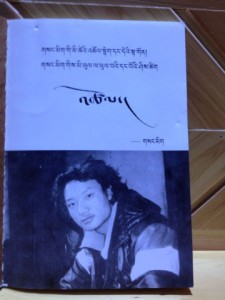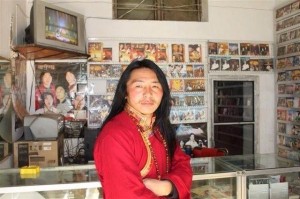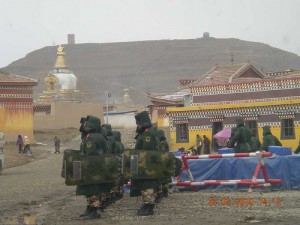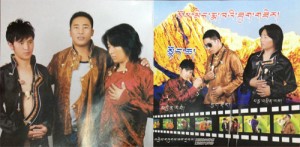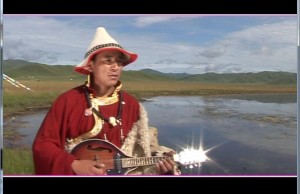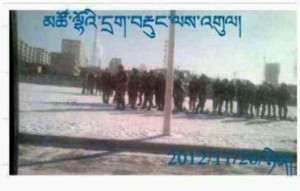
A Tibetan man known for his master tailoring skills has died of self-immolation protest in front of his home in Thawa Village in Gomang Township in Ngaba (Ch: Aba) County in Ngaba Tibetan and Qiang Autonomous Prefecture, Sichuan Province. The total number of self-immolation protests inside Tibet has now reached 121.
According to information received by TCHRD, Shichung, 41, set himself on fire at around 4 pm (local time) on 28 September 2013 to protest against China’s repressive policies in Tibet. At the time, local Tibetans were participating in a prayer ceremony conducted every year in the village.
Shichung conducted his self-immolation protest in front of the gate of his house, which lies close to the highway that connects Ngaba to Golog (Ch: Guoluo) in neighboring Qinghai Province. Eyewitnesses said that on the day of the prayer ceremony, sometime in the afternoon, Shichung left the prayer ceremony and headed toward his home. There, at his house, he lighted a butter lamp in front of a portrait of the Dalai Lama. Moments later, he was seen engulfed in flames outside his house. He walked forward around forty steps and died.

